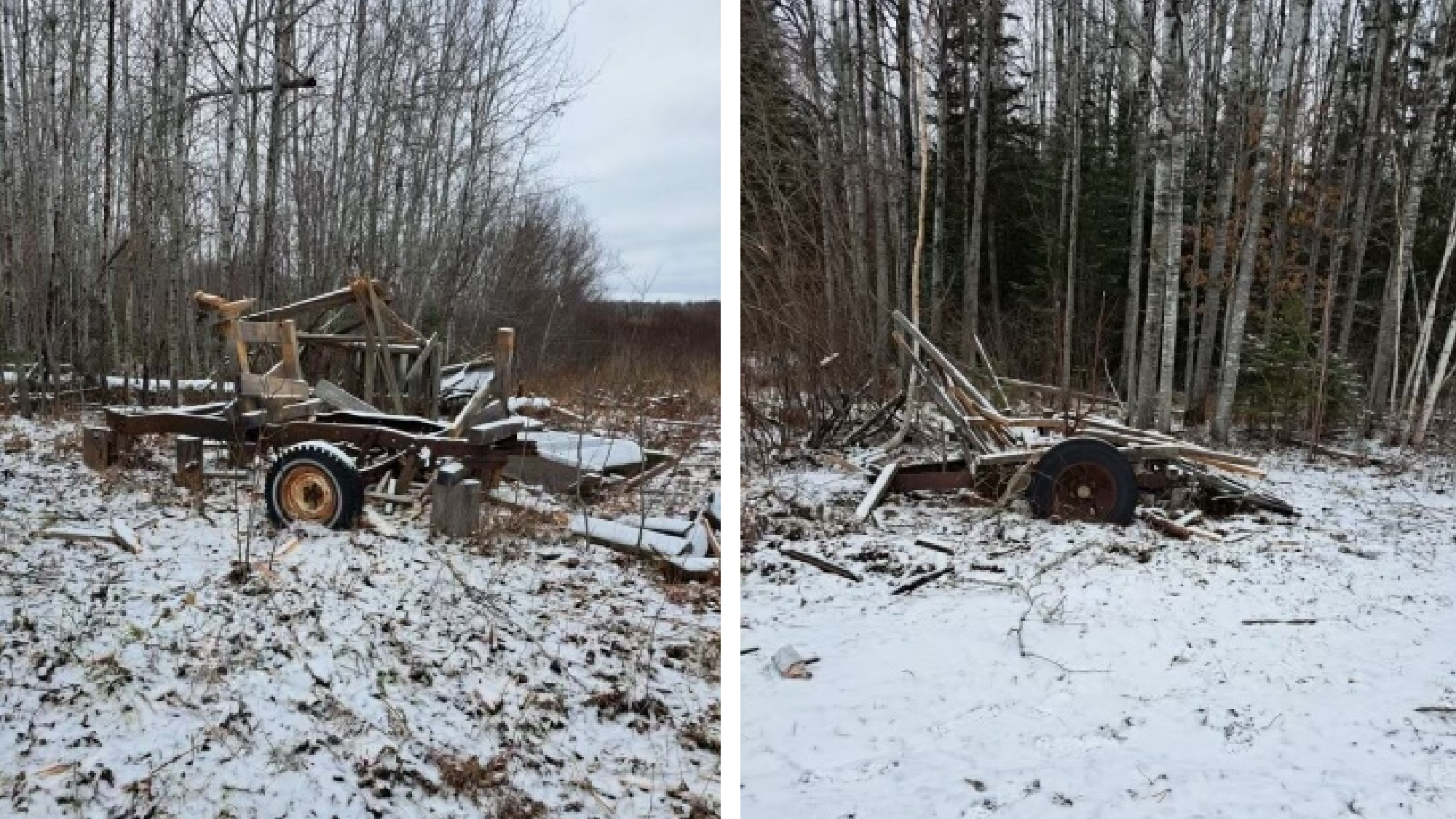A group of people near an apartment complex in Asheville, North Carolina unwisely approached and harassed two tiny black bear cubs—and an onlooker captured the whole thing on video. The footage shows a brazen group of people prying the bear cubs from a small tree with no regard for their own or the bears’ safety; then they take selfies with the young critters.
“I don’t know what to do,” one of the onlooking videographers can be heard saying in the video. “Now they’re taking pictures. That’s insane.”
One of the people in the video is seen dropping one of the cubs. According to a press release provided by the NC Wildlife Resources Commission (NCWRC), the people who recorded the video also reported the incident to the Buncombe County Sheriff’s Department, which allowed officials to respond in a timely manner.
Bear Cub Harassed from N.C. Wildlife on Vimeo.
NCWRC staff reported to the scene to look for the cubs. They located one of them in a retention ponds; the other remains at large. Unfortunately, the bear they did find was not in good health.
“The cub appeared to be lethargic and frightened. It looked to be favoring one of its front paws and was wet and shivering,” said NCWRC coordinator Ashley Hobbs.
“The cub’s condition is likely a result of the unnecessary and irresponsible actions of the people involved,” added NCWRC Game Mammals and Surveys Supervisor Colleen Olfenbuttel. “Ashley and our enforcement staff searched the area for the second cub but did not locate it. Our hope is it was able to reunite with the mother because it would not survive on its own at this young age.”
The NCWRC is still investigating the incident. While harassing wildlife is never a good idea and is in many cases illegal, it’s especially foolish to do so with bear cubs in the spring. According to NCWRC officials, during this time of the year, cubs are entirely dependent on their mothers for food and protection. While cubs may appear to be abandoned, it’s most often the case that their mothers are foraging for food and will return for them—and may be aggressive when defending their offspring.
“Even if you don’t see the mother bear, she could be nearby,” explained Olfenbuttel. “By trying to capture a bear cub, you may cause it to become orphaned, injured or both, as we saw occur in this incident.”
Read Next: Hikers Use Trekking Poles to Fend Off Rabid Fox During Attack in Arizona
NCWRC officials say the captured bear cub was taken to a licensed rehabilitator with the aim of returning it to the wild later this year. The agency is reminding folks not to approach, feed, or handle bear cubs or other wildlife.
Read the full article here




